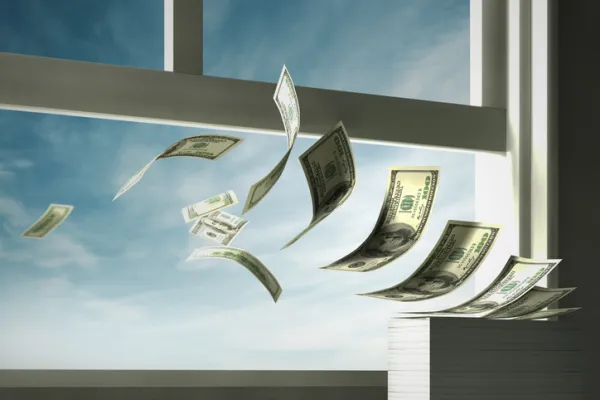Carl Icahn isn’t a comedy act yet but his treatment by investors is beginning to call to mind a Rodney Dangerfield routine: Icahn’s ability to boost shareholder value gets little or no respect.
The most recent example: Wednesday Icahn announced he had dropped his $1.7 billion offer to buy Commercial Metals because 40.1 percent of the shareholders did not tender their stock, his self-imposed threshold for moving forward with the deal.
“Since we commenced our proxy fight and launched our tender offer, the company has made a number of promises to shareholders, which shareholders appear to believe will be beneficial to the stock,” Icahn said in a press release announcing his plan to abandon the Commercial Metals bid. “We respect the views of the shareholders and hopefully their decision not to tender will prove to be the right one.”
This is at least the fifth time shareholders have rebuffed the one-time corporate raider in the past year or so. Back in September, Icahn dropped his bid for Clorox, after lowering it from the initial price and withdrawing his slate of directors, saying he concluded “a considerable base of shareholders” would not support his campaign.
In August, Icahn dropped his bid to buy LionsGate; he sold his shares to the company and another entity after LionsGate repeatedly rebuffed his bids to boost his stake and after he failed in his attempt to place five of his nominees on the board of the directors.
Also in August, Icahn lost his proxy fight for Forest Laboratories. And one year ago, shareholders rejected two attempts by Icahn to acquire power company Dynegy.
Icahn’s targets are well aware of the once-feared investor’s recent history.
On Monday, Oshkosh, another current Icahn target, appealed to shareholders to reject Icahn’s six director nominees at the upcoming annual meeting, asserting they have a mixed record of delivering value on public company boards. It cited the performance of the stocks of 13 companies after Icahn’s nominees joined the board, showing eight were in the red, as noted last year.
Oshkosh also asserted in the presentation that Icahn’s own investment vehicle, Icahn Enterprises L.P., a publicly-traded conglomerate has had “lackluster performance.”
Icahn bristled at this. On Wednesday he fired off a regulatory filing disputing Oshkosh’s impression that he has a “mixed” track record of delivering value to shareholders. “I believe my investment track record speaks for itself and have never thought it needed to be defended in a public proxy contest,” he added.
He said much of the information the company presented is not only inaccurate but fails to reflect many of his most successful investments, such as ImClone, Biogen, Genzyme, Motorola Mobility, Kerr-McGee, BEA Systems, Medimmune, Fairmont Hotels and Chesapeake Energy, to name only a few.
He then went on to assert that over the last five years, his investment funds have achieved a gross return of nearly 50 percent, compared to a negative 1.2 percent return in that period for the S&P 500.
Meanwhile, last week Icahn, who closed down his hedge fund to outside investors last winter, told The New York Post he generated a 35 percent return last year from his portfolio. He said his performance was driven, in part, by large gains from El Paso Corp. and Chesapeake Energy.
But shareholders of his activist targets evidently are unimpressed.







